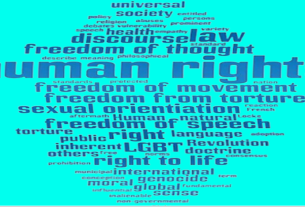Libya has expelled 613 Nigerien nationals in one of the largest deportations in recent history, sending them on a perilous journey across the Sahara desert to Niger. The International Organization for Migration (IOM) confirmed that the group arrived in Dirkou, Niger, after being transported in a convoy of trucks, marking a significant rise in expulsions from Libya, which has become a major transit hub for migrants attempting to reach Europe.
This deportation is part of a broader pattern of expulsions that have intensified over the past month, with authorities rounding up migrant workers in Libya. While a similar deportation occurred in July 2024, when 400 people were sent back to Niger, the recent convoys represent the largest recorded number of expulsions to date. Azizou Chehou, from the migrant aid group Alarm Phone Sahara, described the expulsion as a particularly harrowing event for the migrants involved.
The deportations coincide with growing criticism of European migration policies, particularly as countries like Italy have forged agreements with Libya and Tunisia to curb the number of migrants attempting to cross the Mediterranean into Europe. According to Italy’s Ministry of the Interior, migrant arrivals in Italy were halved in 2024 compared to the previous year, with 66,317 arrivals compared to 2023 figures.
Human rights advocates have condemned these practices, arguing that the expulsions are part of a broader strategy by the European Union to outsource migration control to Libya, a country with a notorious record of human rights abuses against migrants. David Yambio, a spokesperson for Refugees in Libya, said the deportations exposed the grim realities of Europe’s border policies, highlighting how the desert, where many migrants are left stranded, becomes a “graveyard” for those fleeing hardship in search of a better life.
This latest incident underscores the dangers faced by migrants in the region, as well as the controversial role played by European nations in outsourcing border enforcement to countries with severe human rights concerns.



